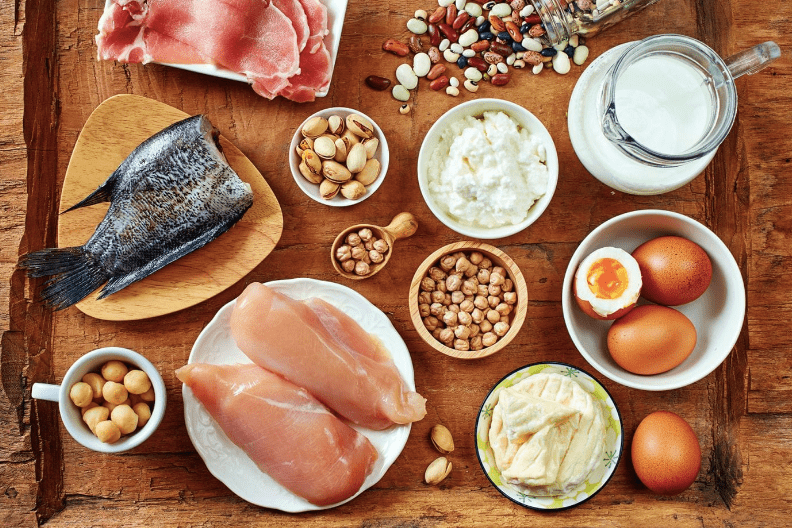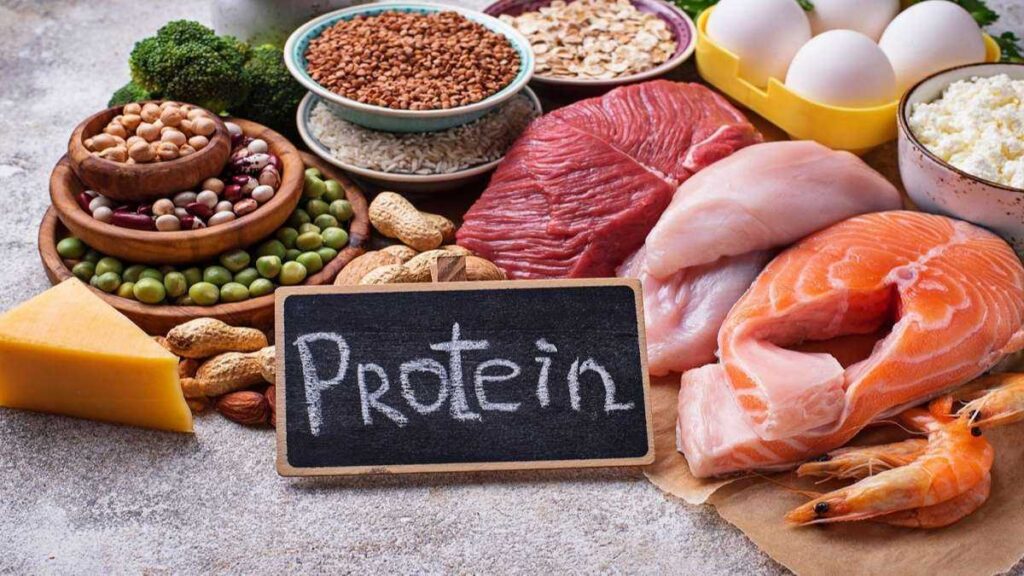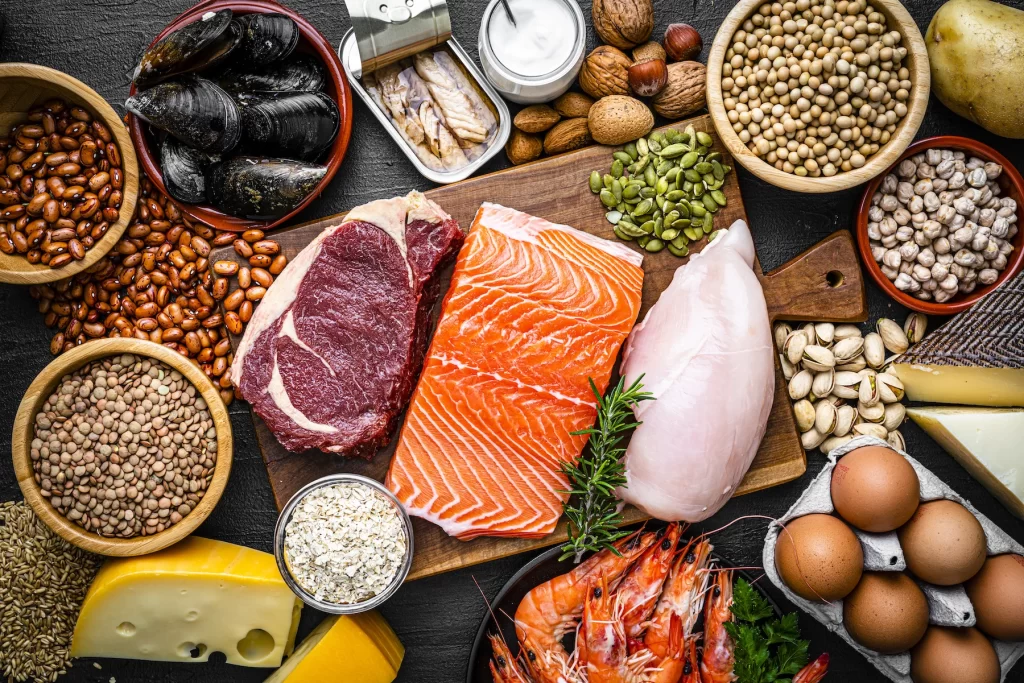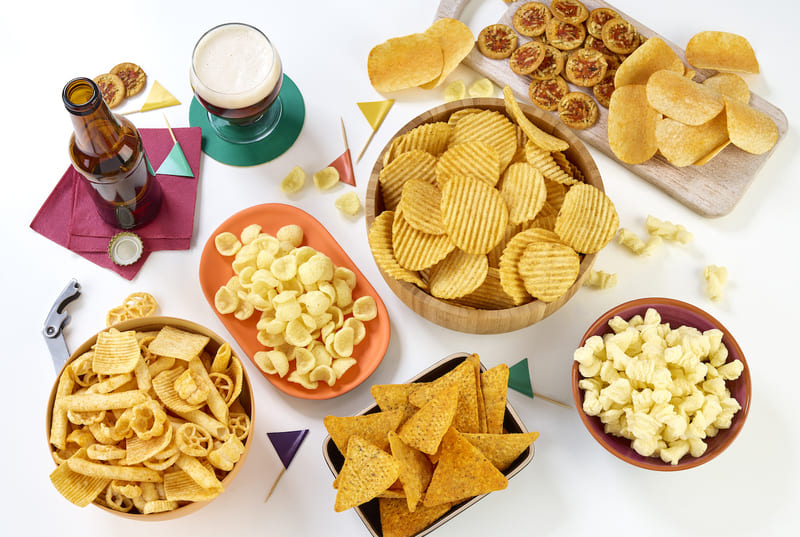Navigating the nutritional needs of young swimmers is crucial for enhancing performance and maximizing their potential. This article provides comprehensive guidelines on how to optimize the diet of young swimmers to support their training, recovery, and overall health. By understanding what to eat before and after swimming, the importance of hydration, and how to balance daily nutrition, young athletes can improve their performance and achieve their best in the pool.
Key Takeaways
- A balanced diet with a focus on carbohydrates, proteins, and healthy fats is essential for young swimmers.
- Hydration plays a critical role in performance; swimmers should maintain fluid intake before, during, and after training.
- Pre-swim meals should be rich in carbohydrates to fuel the body, while post-swim meals should focus on proteins for muscle repair.
- Regular monitoring and planning of meals and snacks can significantly enhance performance and recovery.
- Consulting with an Accredited Sports Dietitian can help tailor a diet to individual needs based on training demands and health goals.
Fueling Up: What to Eat Before a Swim
Carb-loading for Energy
To swim fast, it’s essential to load up on carbohydrates before hitting the pool. Carbs are your body’s primary fuel source during intense activities like swimming. Aim for complex carbs like whole grain bread, pasta, and oatmeal. These provide a steady release of energy, keeping you powered throughout your swim.

Timing Your Meals
The timing of your pre-swim meal is crucial. Eat a substantial carb-rich meal 2 to 4 hours before swimming to ensure your body has time to digest and convert food into usable energy. A smaller, easily digestible snack 1-2 hours before can also help top off your energy reserves.
Choosing the Right Snacks
Select snacks that are high in carbs yet low in fat and fiber to avoid any stomach discomfort while swimming. Good options include a banana, a small yogurt, or a slice of toast with jam. These snacks are perfect for a quick energy boost just before you dive in.
Remember, the right nutrition can significantly impact your ability to swim better and faster. Plan your meals and snacks to optimize your performance!
Post-Swim Recovery Foods
After you’ve pushed through those laps, whether practicing the butterfly stroke or mastering the backstroke, your body needs the right fuel to recover. Let’s dive into what makes for the best post-swim recovery.
Proteins for Muscle Repair
Protein is your go-to nutrient after a swim. It helps repair and build muscle tissues that get worn out during your swim. Think grilled chicken, fish, or a simple whey protein shake. Aim for about 20-30 grams of protein to kickstart that muscle recovery.

Rehydration Essentials
Rehydrating is just as crucial as refueling. Water is your best friend here, but don’t forget about electrolytes like sodium and potassium, which you lose through sweat. A balanced electrolyte drink can help restore these vital minerals and keep your hydration levels on point.
Smart Snacking Options
Snacks aren’t just about curbing hunger—they’re a part of your recovery strategy. Opt for snacks that blend carbs and proteins, like a yogurt and fruit parfait or a peanut butter and banana sandwich. These help replenish energy stores and repair muscles, making them perfect for post-swim munching.
Remember, the goal is to refuel and rehydrate to maintain your performance and recovery. Make it a routine to eat within 30 minutes after your swim to maximize the benefits.
Hydration: The Unsung Hero
Importance of Water
Water is absolutely crucial for young swimmers, not just during training and competitions, but all day, every day. Keeping hydrated helps maintain optimal body function, ensures efficient energy usage, and aids in recovery after intense workouts. It’s essential to drink regularly, not just when you feel thirsty.
Electrolyte Balance
Balancing electrolytes is key to effective hydration. Many athletes don’t think about replacing electrolytes and other minerals lost in sweat, most notably sodium and potassium. Sports drinks can be a great option during long training sessions as they provide not only hydration but also the necessary electrolytes to maintain energy levels and prevent cramping.
Monitoring Hydration Levels
It’s important to monitor your hydration levels to ensure you’re drinking enough but not too much. A simple way to check is by looking at the color of your urine. Light yellow means you’re well-hydrated, while a darker color could indicate dehydration. Keeping a water bottle handy and sipping throughout the day is a practical approach to stay on top of your hydration needs.
Everyday Diet for Young Swimmers
Balancing Macronutrients
A balanced diet is crucial for young swimmers to maintain energy levels and support growth. Focus on a mix of carbohydrates, proteins, and healthy fats. Carbohydrates should be the main source of energy, especially complex carbs like whole grains and vegetables. Proteins are essential for muscle repair—think lean meats, fish, and legumes. Don’t forget about healthy fats, which are vital for hormone production and overall health.

Incorporating Micronutrients
Micronutrients, though needed in smaller amounts, play significant roles in a swimmer’s health and performance. Ensure a diet rich in vitamins and minerals from a variety of fruits, vegetables, and fortified foods. Calcium and iron are particularly important for growing athletes. Regularly include foods like dairy products, leafy greens, and nuts.
Meal Planning Tips
Planning meals can help ensure that young swimmers meet their nutritional needs consistently. Start with a comprehensive guide on nutrition and consider these steps:
- Plan meals around training schedules.
- Include a variety of foods to cover all nutritional bases.
- Prepare meals in advance to save time and reduce stress.
Remember, the key to a successful diet is variety and balance. Avoid getting stuck in a dietary rut by mixing up food choices and trying new recipes.
Navigating Supplements and Vitamins
When to Consider Supplements
Supplements can be a game-changer for young swimmers, especially when dietary intake isn’t meeting their nutritional needs. It’s crucial to consult with a healthcare professional before starting any supplement regimen to ensure it’s appropriate for the athlete’s age and health status.
Choosing the Right Vitamins
Selecting the right vitamins involves understanding what your body specifically lacks or needs more of. A balanced diet usually provides most of the necessary nutrients, but some swimmers might need extra support during intense training periods. Here’s a quick guide:
- Vitamin D: Essential for bone health and immune function.
- Iron: Important for maintaining energy levels and overall health.
- Calcium: Crucial for bone strength, especially in growing athletes.
Safety and Dosage
Safety should always be the top priority when it comes to supplements. It’s important to follow recommended dosages and to be aware of any potential interactions with other medications. Here’s a simple rule: less is often more. Over-supplementation can lead to negative health effects, so sticking to the advised amounts is key.
Remember, supplements are there to complement a diet, not replace it. Make sure the main focus remains on a balanced, nutritious diet.
Special Dietary Considerations
Navigating the dietary needs of young swimmers can be tricky, especially when considering allergies and intolerances. It’s essential to identify and manage these to prevent any adverse effects on health and performance. Tailoring nutrition to individual needs ensures that each swimmer can perform at their best without dietary discomfort.
Vegetarian and Vegan Diets
Embracing a plant-based diet can be wholly nutritious and beneficial for young swimmers if planned correctly. It’s crucial to focus on iron, protein, and vitamin B12, which are commonly lower in vegetarian and vegan diets. Here’s a quick checklist to keep in mind:
- Ensure adequate protein intake from varied sources like lentils, tofu, and quinoa.
- Include iron-rich foods such as spinach, beans, and fortified cereals, paired with vitamin C sources to enhance absorption.
- Regularly monitor vitamin B12 levels and consider supplementation if necessary.
Eating for Specific Training Needs
The dietary requirements of young swimmers change with their training intensity and phases. Proper nutrition is vital for optimal performance and recovery. For instance, during heavy training periods, increased caloric intake is necessary to match energy expenditure. Conversely, during lighter training days or off-season, caloric needs may decrease. Tailoring nutrition to these fluctuations is crucial for maintaining energy levels and promoting overall health.
The Role of Snacks in a Young Swimmers Diet
Healthy Snack Ideas
Snacks are not just fillers between meals; they are crucial for maintaining energy levels and aiding recovery. Opt for whole foods like fruits, nuts, and yogurt that provide a mix of carbohydrates, proteins, and healthy fats. These snacks not only fuel the body efficiently but also support overall health and wellness.
Timing Your Snacks
It’s all about timing! To maximize the benefits of snacking, aim to have a small snack about 30 to 60 minutes before a swim to boost energy levels. Post-swim, a snack within 30 minutes can help in muscle recovery and replenish energy stores. This strategic timing helps maintain optimal performance and aids in quicker recovery.
Avoiding Common Mistakes
One common mistake is relying too heavily on processed snacks that are high in sugar and low in nutritional value. Instead, focus on snacks that contribute to your overall dietary goals. Remember, every snack is an opportunity to nourish your body and support your swimming goals.

Limit eating junk food
Understanding the role of snacks in a young swimmer’s diet is crucial for their energy levels and overall performance. Snacks should be nutritious, well-timed, and tailored to the needs of growing athletes. For more detailed guidance on what constitutes a healthy snack and how to integrate them into your young swimmer’s routine, visit our comprehensive guide on Nutrition for Swimmers. Dive into our resources today and ensure your young athlete swims towards success with the right fuel!
Conclusion
In wrapping up, it’s clear that the right nutrition can significantly boost a young swimmer’s performance. From prioritizing carbs for energy to ensuring enough protein for muscle repair, every meal plays a part in setting up our swimmers for success. Remember, it’s not just about eating the right things; it’s about fueling your body to glide through the water with more power and endurance. So, keep these tips in mind, hydrate well, and let’s make every lap count!
Read more: Optimal Diet for Swimmers Looking to Build Muscle: What to Eat
AUTHOR
Sang Nguyen
Sang Nguyen is a former national swimmer for Vietnam who has transitioned into coaching. With a passion for fostering a healthy swimming community and connecting like-minded individuals,......Read More
BLOG
Maybe You Are Interested
Good Swim Meet Snacks: What to Eat for Optimal Performance
Good nutrition is crucial for swimmers to maintain energy, recover quickly, and perform at their...
Read More...Optimizing Your Performance: The Best Diet for Swimming Training
Optimizing your performance in swimming is not just about rigorous training; it’s equally crucial to...
Read More...Achieve Peak Performance with This Diet Chart for Swimmers
Whether you’re a novice or an expert swimmer, understanding the right diet is crucial for...
Read More...Eating Like a Champion: Exploring the Diet of Michael Phelps
Michael Phelps, renowned for his Olympic triumphs, has a diet as extraordinary as his swimming...
Read More...Muscle Gain for Swimmers: Tailoring Your Diet for Strength
Swimming is a demanding sport that requires a tailored approach to nutrition to support muscle...
Read More...A Comprehensive Diet Plan To Gain Weight For Swimmers
Swimming is a demanding sport that requires meticulous attention to nutritional needs to optimize performance,...
Read More...